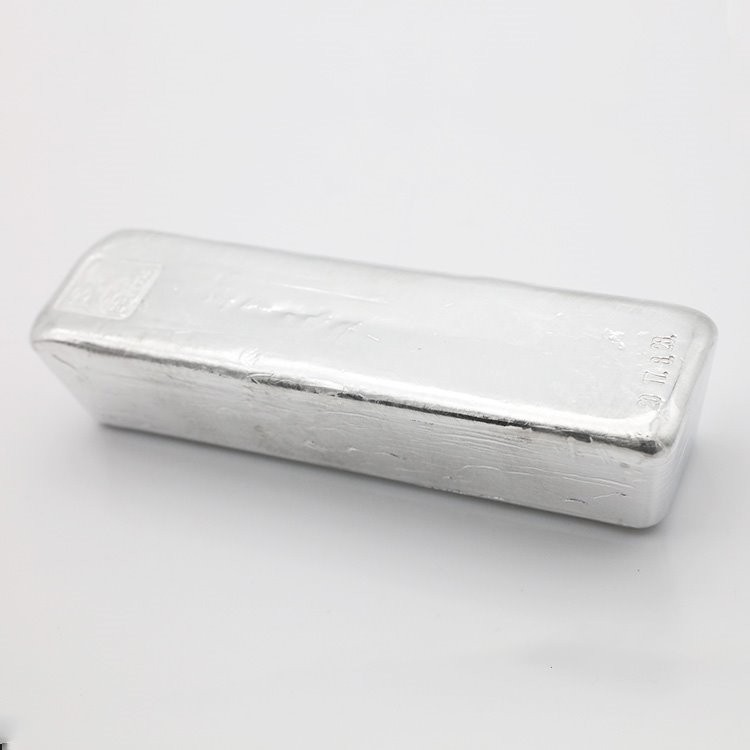
4N Tin
The chemical properties of tin are relatively stable. At room temperature, it hardly reacts with air. Atomic number 50, molecular weight: 118.710, density: 7.31 (α type), melting point: 231.85 (α type) ℃, boiling point: 2507 (α type) ℃.
/ Become a Customer
LEADING THE WAY
TO THE FUTURE
CMC Trading combines expertise in high-purity semiconductor materials with exceptional problem-solving capabilities to support clients and partners in advancing the future of semiconductor innovation.
Description
The chemical properties of tin are relatively stable. At room temperature, it hardly reacts with air. Atomic number 50, molecular weight: 118.710, density: 7.31 (α type), melting point: 231.85 (α type) ℃, boiling point: 2507 (α type) ℃. There are three allotropes of white tin (α type), gray tin (β type), and brittle tin (γ type). Common white tin, gray-white metal. The mineral raw material is cassiterite. After removing impurities such as sulfur and arsenic, it is placed in a reverberatory furnace to reduce it with carbon to make primary tin, which can be purified by heating and remelting or refined by electrolysis to obtain pure tin.
It is used for making tinplate, bearing alloy, bronze, etc., and for tin plating and making hoses, tin alloy solders, household utensils and other tin products.
Available forms:
4N Tin powder, shot, ingot
Certificate of Analysis:
Detecting Element(%,less than) | |||||||||||||
Sn | Pb | As | Fe | Cu | Bi | Sb | Zn | Al | Cd | S | Ag | Ni+Co | Total |
≥99.99% | 0.0035 | 0.0005 | 0.002 | 0.0005 | 0.0025 | 0.0015 | 0.0003 | 0.0005 | 0.0003 | 0.0003 | 0.0001 | 0.0006 | 0.01 |
